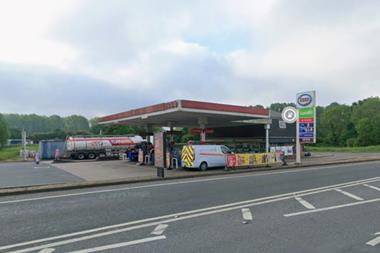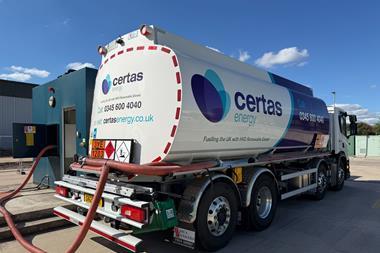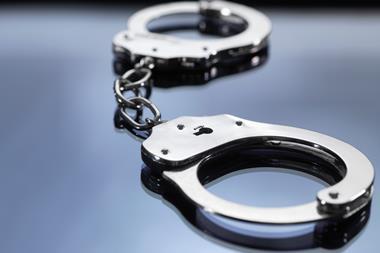Since the start of the year it seems like not a day has gone by without a political pronouncement on alcohol policy. With the pre-General Election campaign well under way, this to-ing and fro-ing shows no sign of let-up. ACS cuts through the talk and answers the key questions about what this all means for forecourt retailers.
What is the Mandatory Code of Practice?
Whereas the recent alcohol debate has been dominated by politicians talking about what they would do in the future if elected, the government has put in place some new requirements for alcohol licence holders. They have called this the Mandatory Code of Practice and it is made up of five new requirements.
Four of the five apply solely to premises that sell alcohol for consumption on-site. These include some on-trade-specific promotional activities a requirement for pubs to provide free tap water and a requirement to provide the option of smaller alcohol measures.
The new condition that will apply to off licence retailers is a requirement to have an age-verification policy in place. The new licence condition requires premises to check the ID of anyone who looks under 18.
In practice, the impact of this new condition should be minimal because there won’t be many shops that don’t already have a policy and training in place that is designed to prevent the sale of alcohol to under-18s. ACS recommends the use of Challenge 25 policy, although other policies that you may implement in your business are likely to be just as valid.
This new requirement will be in place from October 1, 2010. If there is an implication, it is that it drives home even more clearly the need for your business to not only establish a policy, but to keep up-to-date records of your training and refusals. Under this new condition, if you can’t prove that you have a policy up and running in your business, then it could be enough for you to lose your licence.
Is government going to impose a minimum price for alcohol?
There is no doubt that the political pressure for action to increase the price of alcohol is incredibly high at the moment, but neither government nor the Conservatives are currently committed to introducing a minimum alcohol price.
Those that advocate a minimum price suggest that government should make it illegal for products to be sold below a minimum price per alcoholic unit.
Different advocates call for different price levels. A commonly cited proposal is 40p per unit. This would mean: a bottle of wine (10 units) £4;
a four-pack of strong lager (16 units) £6.40;
a four-pack of a ready-to-drink product (five units) £2;
a 70cl bottle of vodka (26 units) £10.40.
The Scottish government is committed to imposing minimum prices although there is still no timetable for how and when these would come into force.
What other actions could government take on alcohol price and promotions?
Under the Mandatory Code of Practice announced by Ministers on January 19, a series of pub trade promotions have been banned (these include ’drink as much as you can’, ’dentist chair’ and ’women drink free’ promotions).
The Conservatives have announced that if elected, they will ban the sale of alcohol below cost (usually defined as sales of more than duty plus VAT) and increase duty on strong beer and cider as well as on ’alcopops.’
In Scotland the government is committed to not only a minimum price per unit but a range of additional promotional restrictions that we expect to include:
a requirement that there is no volume-associated discount (ie multipack prices must equalan exact multiple of the single unit price);
no promotion can provide an alcoholic product for ’free’ (ie BOGOF);
promotions can only be marketed in the designated alcohol areas (aisle or behind the counter).
What does all this mean for forecourts?
Despite the posturing it is hard to predict exactly what restrictions will actually come into force and when. Election promises are different to government action and not all the ideas floated would stand up to close scrutiny. As it stands minimum unit pricing and other promotional restrictions are not, in our view, supported by strong evidence that they would be effective.
The commercial impact of any restrictions is even harder to judge, as it is highly dependent on exactly what is proposed.
For more information about the alcohol policy issues or how to ensure your business has the policies it needs to prevent under-age sales contact ACS on 01252 515001 or email jenny.brown@acs.org.uk



























No comments yet